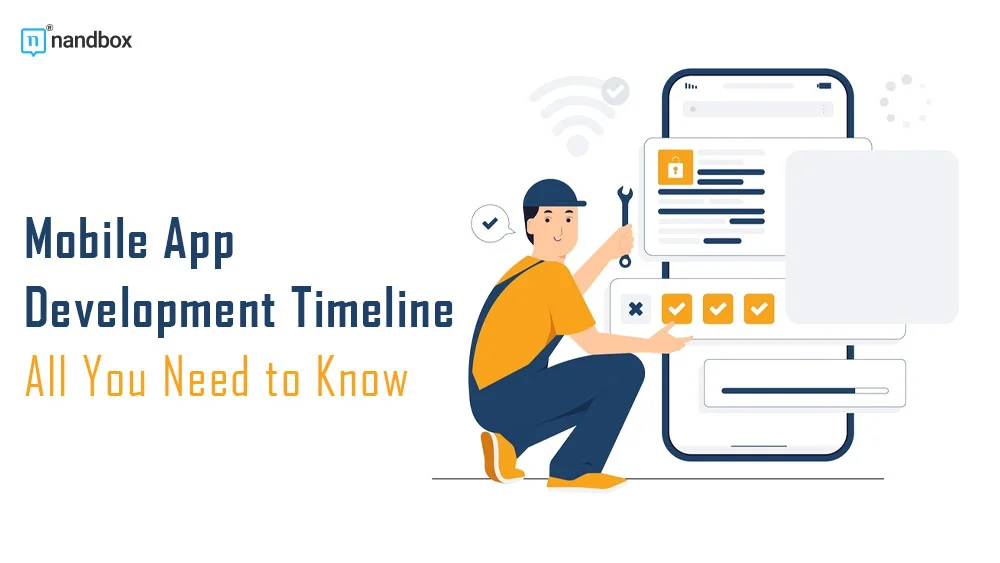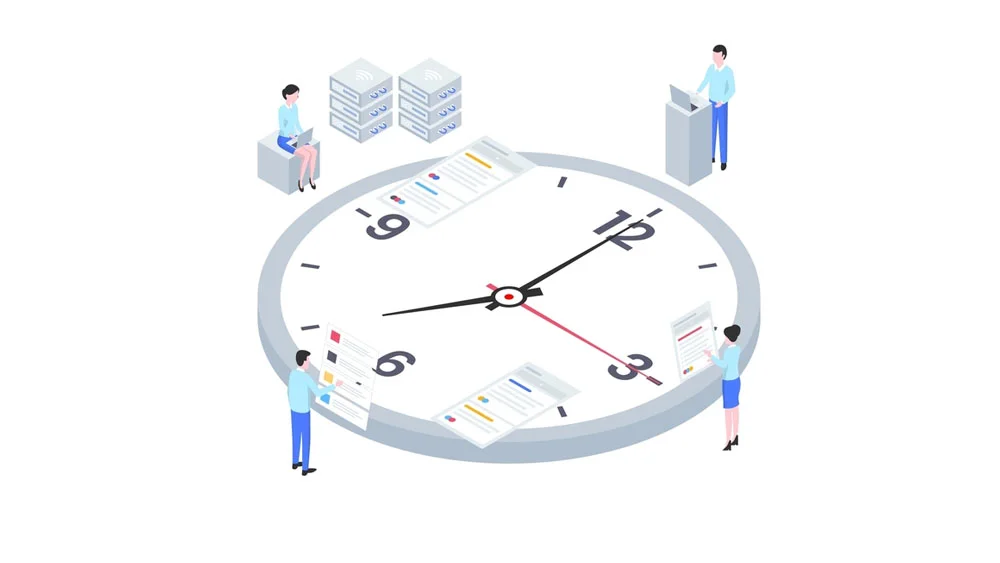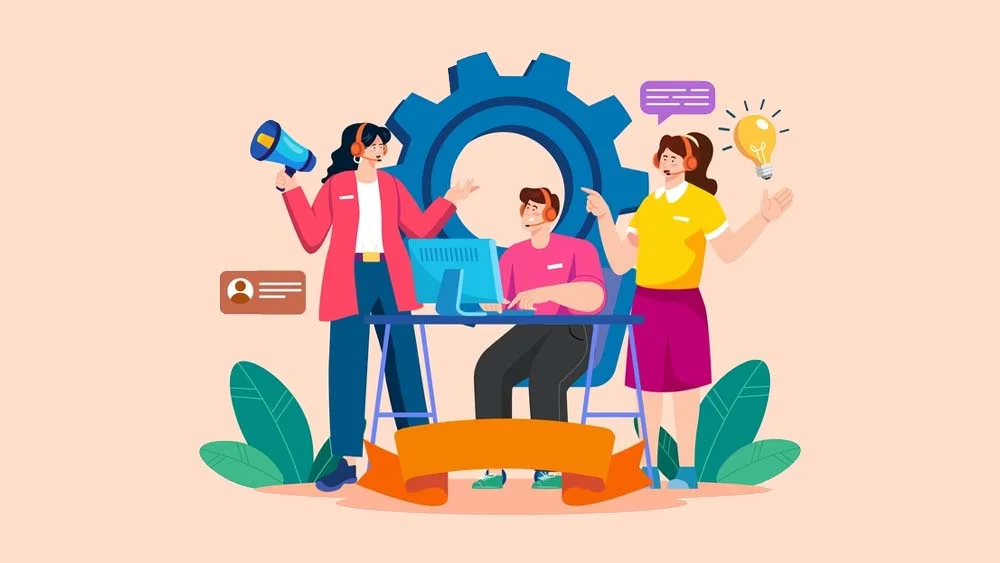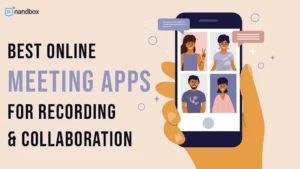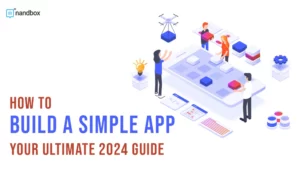Mobile App Development Timeline: The Ultimate Guide
Time defines us. Drawing its own lines on our bodies and lives. In this fast-paced technological era, mobile applications are thriving to beat time and expectations. Developers are racing towards success. They simply aim to create something that no one will be able to compete with. There is currently a vast market for mobile apps. People are now treating applications as the newest currency that they can’t live without. That is why they are of great importance nowadays and a success factor that helps empower your business and services. The mobile app development timeline, on the other hand, is something that people tend not to give a lot of attention to.
That is why I am here today with this simple yet informative guide. To enlighten you and give you a good dosage of knowledge related to mobile apps and their development timeline. Delve into the depths of this topic to understand the time it would take you to develop a fully functioning application that will help your business thrive and compete in the application market efficiently.
Mobile App Development Timeline: The Phases of It All
The mobile app development timeline depends on various factors, some of which are related to the level of complexity that your app has. Each app would have a different timeline than another based on the technology stack that the developer will use, the final structure of the app, and the company’s own timeline if you’re hiring someone to develop the app for you. The estimated average of a mobile app development timeline is as follows:
- Simple App Development: An app that doesn’t require too much work and has simple features could take around two to four months in order to be developed.
- Average App Development: An app that is considered average and is in between simple and complex could take from four to six months in order to be developed
- Complex App Development: This is an app that would need a lot of work and would include many features and back-end processes in order to function well and give its users a great usability experience. Such an app can take up to a year to develop. However, if we’re estimating a minimum period of time, it would be nearly nine months, give or take.
The Factors That Have an Impact On a Mobile App Development Timeline
Let us break down the factors that impact your development timeline for your app. This little breakdown will help you have a more accurate estimate for your timeline and create an efficient time management plan for when you will launch and test your app. Additionally, utilizing employee hours trackers can assist in monitoring and optimizing time allocation throughout the development process, ensuring timely completion and minimizing delays. Let us dive in and see what these factors are and how you can avoid any development delays that could disrupt your app-building process.
Factor Number One: Feature Complexity and Functionality
This is one of the main factors that could impact your timeline. One that you have to note and make sure that you time it right. The level of your feature complexity will directly impact your timeline. Additionally, the functionality of your app plays a huge part in its impact as well. If your app demands extensive design, coding, and testing, then it will for sure demand more time and take more time to develop.
Immediate view synchronization, artificial intelligence integration, and sophisticated algorithmic processes are examples of advanced features that greatly lengthen the procedure. Each intricate component calls for careful consideration, revision, and verification, which adds additional layers of complexity and has the potential to significantly extend the amount of time needed for design and development. To ensure that the delivery of the app is both timely and robust, it is vital to strike a balance between originality and feasibility.
Factor Number Two: The Platform You’re Using
There are two main platforms that you can use to develop your mobile app. You either develop it for Android devices or iOS devices. Given that iOS only operates on Apple-related products, if you’re developing an iOS app only, then it might actually take a shorter duration of time to develop. However, some iOS apps are of great complexity and may take time to create their design to suit Apple’s standards. That is why this is not a given, but a probability.
Android, on the other hand, operates on a huge variety of devices. The majority of devices that are on the market are actually operating on Android. That is why it may take you time when you’re developing an app in order to fit all devices and Android versions. A tip from me to you: It might seem like a lengthy process to develop two applications for both platforms, but developing native apps for them will help you have much more enhanced functionality that you will be able to compete with anywhere and with anyone.
There is a solution for this little problem, though. Native no-code app builders can help you build an app and create one app that is for both Android and iOS, without having to create two different versions of the same app and having such a hassle.
Factor Number Three: Your Technical Team’s Experience
Your team’s experience will indeed have an impact on your mobile app development timeline. In order for your team to create an effective timeline, they will need to have great app development experience. They must possess certain skills:
- Efficient Project Planning
- An Eye For Accurate Estimates
- Assessed Processes
- Proficiency In All Technological Aspects
However, that is not the case with all teams. Some teams are in the process of learning new skills each day. This simply doesn’t mean that your team won’t be able to create a seamlessly functioning app; it may only mean that the process won’t be as short as you wish it to be. An experienced team will definitely help shorten the estimated timeline of development that you created for your app development process. Be careful, though; you have to at least have a skilled team that knows more than the basics. Because, believe me, you won’t like it if you have a team that doesn’t know what the simple and most basic steps are to take in order to create an efficient and fully functioning app.
Factor Number Four: Design Requirements
Extensive user interface and user experience designs, animations, and personalized graphics and visuals all add to the amount of time required for the development and design phases. Iterations, modifications, and updates that are based on user feedback may also have an impact on the timing. It is of great importance that you balance the aesthetics of your app design with your app’s functionality. Imagine with me that you’re designing a good-looking app that has all the perfect color schemes and patterns with great icons that have a minimal or excellent aesthetic look.
However, the functionality of your app is not working the right way; these great icons are laggy, and the app is full of bugs and issues. Would you yourself use an app like that and keep it on your phone? I don’t think that the answer you’ll have here is yes. That is why the design is of great importance and essence but having it balanced with your app’s functionality and usability is what matters most for your app to succeed and thrive. Furthermore, for you to avoid a high rate of potential or expected uninstalls of your app.
The Idea of Your App: The Duration of Bringing It to Life
Bringing an app idea to life plays a huge role in your mobile app development timeline planning. Having an idea for your app is a filtered process. What does that mean? Let me tell you. There are a lot of people who are pioneers of certain ideas. That is why coming up with a new app idea is something that is kind of hard in today’s vast technological landscape. Your idea has to be original, and if not, you have to have an app idea that offers the market something new. If your app is targeting a certain problem and is offering a solution for it, then I assure you that it will make the noise that you wish for in the current application market. The execution of the idea is, however, a whole different aspect. You will have to see how complicated this idea of yours is. Moreover, see how many features you will need to bring this app to life with maximum functionality.
The duration of coming up with an idea is something that is completely up to you and how you will do your research. However, if we’re being exact here, thorough market research will take up to 3 weeks. That is because you will be studying the market in a detailed way. Researching market problems and how to solve them, and defining your target audience. Taking your time during this step is of great importance. That is because it will define the mobile app development timeline for you. Your time management plan will depend on your research—let’s say by 50%. That is why I implore you to take your time and come up with something unique enough to dazzle the market.
Final Thoughts!
Understanding the time it would take you to develop your app is something that will allow you to reach the final step of testing and launch your app at the pace that you desire. That is why I wrote this informative guide on the mobile app development timeline for you. Now let me introduce you to a mobile app development solution that will facilitate the whole process for you.
Our native no-code app builder, nandbox, is one that can help you develop an app in no time. You can now develop your app efficiently and without having to hire an app developer. Additionally, no-code means that you can create an app from scratch. Using a simple interface that relies on a drag-and-drop mechanism. Empower your business and take it to the next level of success with nandbox’s native no-code app builder.

